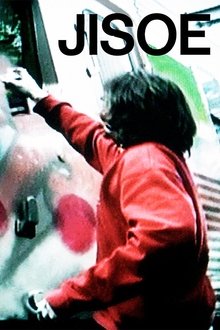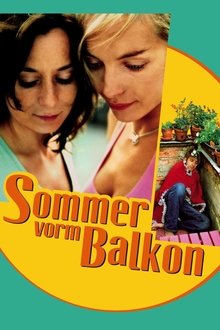A documentary shot by filmmakers all over the world that serves as a time capsule to show future generations what it was like to be alive on the 24th of July, 2010.
Related Movies
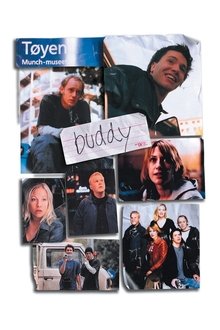
Buddy (2003)
Kristoffer lives in Oslo with his friends Geir and Stig Inge. He works as a billboard installer, and in his spare time he makes a video diary with Geir and Stig, containing stunts of a Jackass-nature. When Kristoffer's girlfriend, Elisabeth, leaves him, his life seems to fall to pieces. Until his videos are featured on Norway's most popular talk show and Kristoffer becomes famous.
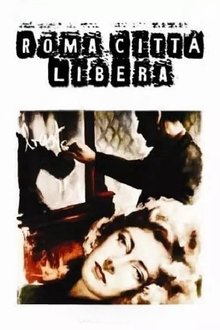
Rome: Free City (1946)
In a post-war Rome (1946) a cat burglar inadvertently saves the life of a would-be suicide man who returns from the war to find that he has been betrayed by his fiancée while fighting in the war. From that moment the thief takes the ex-soldier under his wing. They leave house together for a night full of misadventures. In a streets of Rome they meet the struggling typist who can’t pay her rent and opts to street life; a wandering amnesiac who lost his memory and keeps asking everyone “Do you recognize me?”. Thieves, gamblers, hookers, policemen, soldiers and endless chain of cigarette-smoking and alcohol/espresso-drinking.

The Winter Guest (1997)
It's winter in a small Scottish village near the sea, and multiple lives intersect in a day. Frances has just lost her husband to an early death, so her mother, Elspeth, travels to Frances' house to reconnect with her daughter and grandson, Alex. Meanwhile, old women Chloe and Lily go to a funeral, youngsters Sam and Tom cut class, and Alex gets a crush on tomboy Nita.

Microcosmos (1996)
A documentary of insect life in meadows and ponds, using incredible close-ups, slow motion, and time-lapse photography. It includes bees collecting nectar, ladybugs eating mites, snails mating, spiders wrapping their catch, a scarab beetle relentlessly pushing its ball of dung uphill, endless lines of caterpillars, an underwater spider creating an air bubble to live in, and a mosquito hatching.
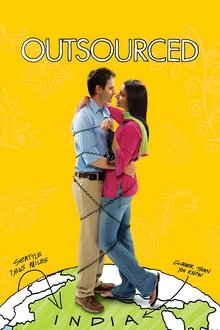
Outsourced (2007)
After his entire department is outsourced, an American novelty products salesman heads to India to train his replacement.

Sans Soleil (1983)
A woman narrates the thoughts of a world traveler, meditations on time and memory expressed in words and images from places as far-flung as Japan, Guinea-Bissau, Iceland, and San Francisco.
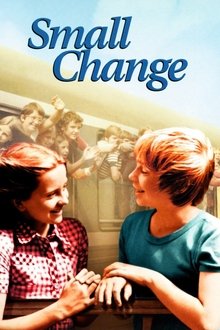
Small Change (1976)
Various experiences of childhood are seen in several sequences that take place in the small town of Thiers, France. Vignettes include a boy's awakening interest in girls, couples double-dating at the movies, brothers giving their friend a haircut, a boy dealing with an abusive home life, a baby and a cat sitting by an open window, a child telling a dirty joke, and a boy who develops a crush on his friend's mother.
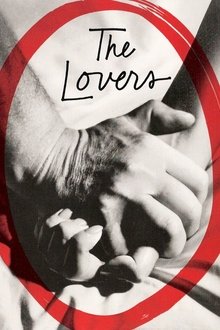
The Lovers (1958)
A shallow, provincial wife finds her relationship with her preoccupied husband strained by romantic notions of love, leading her further towards Paris and the country wilderness.
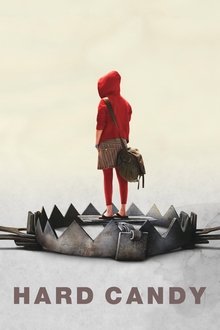
Hard Candy (2005)
Hayley’s a smart, charming teenage girl. Jeff’s a handsome, smooth fashion photographer. An Internet chat, a coffee shop meet-up, an impromptu fashion shoot back at Jeff’s place. Jeff thinks it’s his lucky night. He’s in for a surprise.
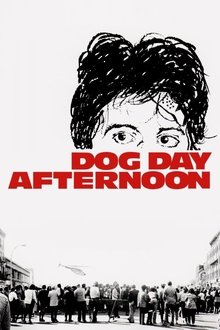
Dog Day Afternoon (1975)
Based on the true story of would-be Brooklyn bank robbers John Wojtowicz and Salvatore Naturile. Sonny and Sal attempt a bank heist which quickly turns sour and escalates into a hostage situation and stand-off with the police. As Sonny's motives for the robbery are slowly revealed and things become more complicated, the heist turns into a media circus.
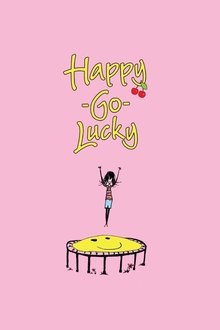
Happy-Go-Lucky (2008)
A look at a few chapters in the life of Poppy, a cheery, colorful, North London schoolteacher whose optimism tends to exasperate those around her.
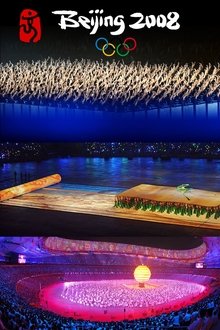
Beijing 2008: Games of the XXIX Olympiad (2008)
Here's a Special Edition DVD that captures the most dramatic and exciting moments from the 2008 Summer Olympic Games. Officially known as the Games of the XXIX Olympiad, the competition was held in Beijing, People's Republic of China from August 8 to August 24, 2008. Ten thousand five hundred athletes competed in 302 events in 28 sports. The 2008 Summer Olympics did bring athletes from around the world together as they competed for the bronze, silver and gold medals. More importantly, television coverage united citizens from all nations, who rooted for their own countrymen as well as the world's best athletes. These games were the first to be produced and broadcast entirely in high definition, and did garner upwards of four billion viewers. This exclusive highlights DVD features the greatest athletes in the world, united in the most important competition of their lifetimes.

Koyaanisqatsi (1983)
Takes us to locations all around the US and shows us the heavy toll that modern technology is having on humans and the earth. The visual tone poem contains neither dialogue nor a vocalized narration: its tone is set by the juxtaposition of images and the exceptional music by Philip Glass.
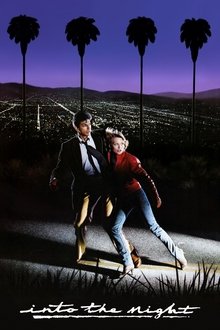
Into the Night (1985)
Ed Okin used to have a boring life. He used to have trouble getting to sleep. Then one night, he met Diana. Now, Ed's having trouble staying alive.
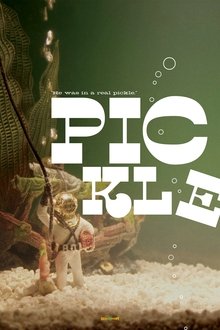
Pickle (2016)
An ode to man's capacity to care for all creatures throughout their sometimes greatly protracted existence, displayed through the homegrown remedies Tom and Debbie Nicholson create for disabled animals.

Vidiyum Munn (2013)
Greed, lust and anger collide and threaten to rip apart the lives of two disparate women on the run to seek refuge. Vidiyum Munn explores the darker side of life and the emotional imbalance it can create in the hearts of those who succumb to it.

30 Years of National Geographic Specials (1995)
Celebrates 30 years of televised specials by The National Geographic Society.
